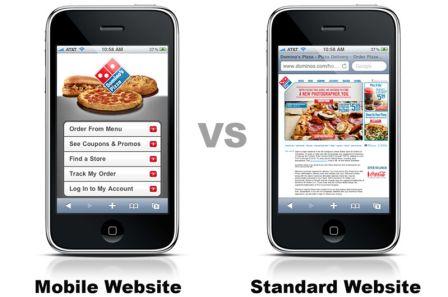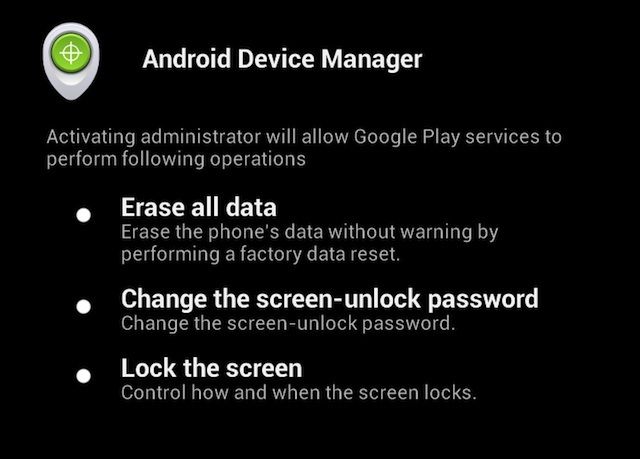Editor’s Note: Jonathan Kyobe is a contributing writer for the TechPost. He is an IT Consultant, a Web and Graphic Designer, blogger, Model and a Sport fanatic. Follow @yellojona on twitter.
You have made a very crucial decision to develop a website for your firm, organization or company and everyone that visits it applauds you for a very pretty website. However, have you ever taken trouble to try browsing this same website on a Mobile phone?
More often than not, you will not like what your website looks when browsed off a mobile browser. If you experience the same, then you are not alone. Nearly all custom designed websites in Africa suffer from flaws or incompatibility with mobile browsers. Usually these websites load very slowly and are so troublesome to navigate… Why is this a problem?
Affordability and convenience of Internet via Mobile phones
It is so evident that Internet usage in Africa is on a rise. However, it is also obvious that most of us use our Mobile phones to access Internet much more often than on our Computers (PC). The relative expense of traditional PCs and laptops and broadband connections means that most people regularly access the Internet not over traditional PCs but using their Mobile phones.
Smartphones are making it even easier and more convenient. This is an international trend as the popularity of Mobile phones increases and their usage rates rise above that of traditional PCs. It is no surprise that now Facebook and twitter have most of their traffic from Mobile phones. This means that many will try to access your website too using a mobile phone because mobile internet is more convenient and affordable. Which gives you reason to think along the lines of developing a mobile version of your website since “Mobile” is the the new trend.
Ordinary Web Pages don’t automatically render well on Mobile phones
When you type in your mobile browser the URL www.facebook.com you will end up on a very nicely designed Facebook page. However when you take a keen look at the browser URL you will notice that on Mobile phones you are automatically redirected from www.facebook.com to m.facebook.com.
This second URL is the address of the mobile optimized version of Facebook. Facebook did this intentionally to help you access the PC web browser version of Facebook on your phone with no difficulties. If it was the standard website, the pages and images would take forever to load, you would have to do a lot of scrolling to access the information.
This is the case with most websites with smaller screens and different capabilities to web browsers, most mobile browsers of older phones which only support WAP, cannot accurately render an ordinary web page. Newer Smartphones which support HTML5 rendering may be able to avoid this problem.
Web developers thus need to develop mobile versions of their websites to cater for mobile phone owners to allow them to consume web content easily on their devices.
Mobile site content gets better SEO
It should come as good news that ranking and search on mobile is easier because Google has a much smaller content under mobile to crawl through, as this segment is still in its infancy. Therefore, if businesses get a mobile site today, they stand a very good chance of being highly ranked.
How could you then implement a mobile website?
For the small business that cannot afford to put resources into independent mobile website development there are many free and paid services available that can help you set up a mobile version of your website in minutes.
Services such as Mobify and Onbile and Wirenode (used by companies such as Nokia, Reebok, Ford, Nivea and Vodafone), give you great, user-friendly editors that will allow you to quickly format and create a mobile version of your website in minutes. They provide you with the necessary script to add to your website to automatically redirect mobile users to the mobile version of your site.
If you use the WordPress publishing platform on your website, a perfect option would be the MobilePress plugin which will render your website on mobile platforms. If you’re looking to develop specific iPhone/iPod Touch apps, iWebKit is a very popular option that can even be used by those without extensive coding knowledge.
As you can see, mobile website development is not only a necessity, but currently and projected relatively easy. I only hope that more of our businesses and local seo website design company will follow suit and make it easier for ordinary web users to access and consume their web content.
Discover more from Dignited
Subscribe to get the latest posts sent to your email.














